Volkswagen Passat
Though the Passat isn’t very different than the previous model, it still is a quite a leap forward
Published on May 04, 2011 07:00:00 AM
70,740 Views
Follow us on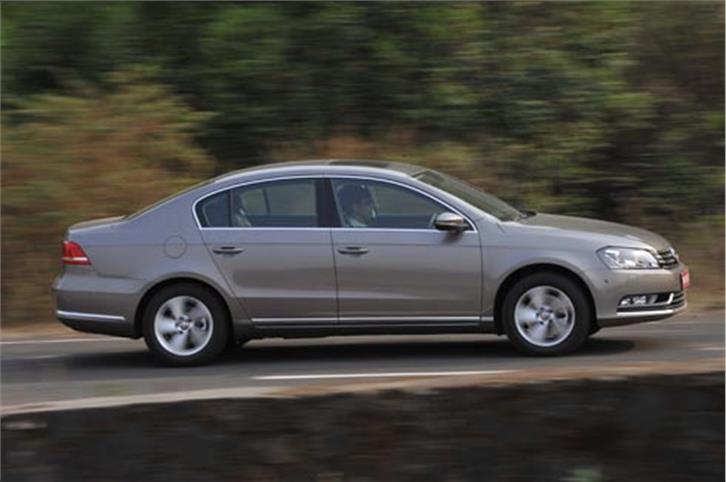
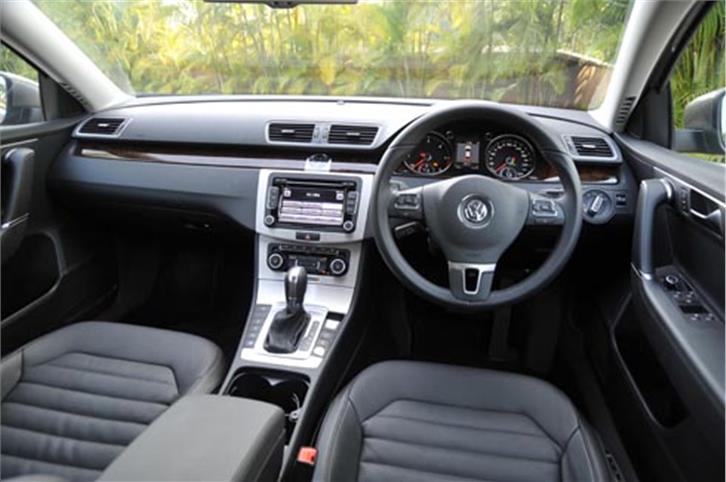
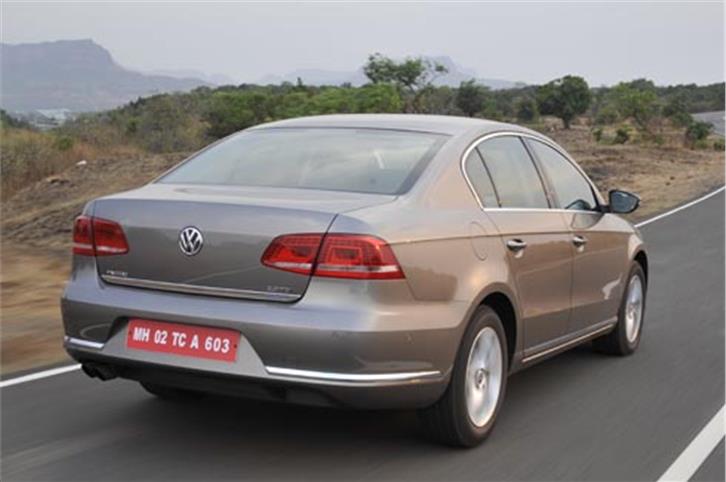
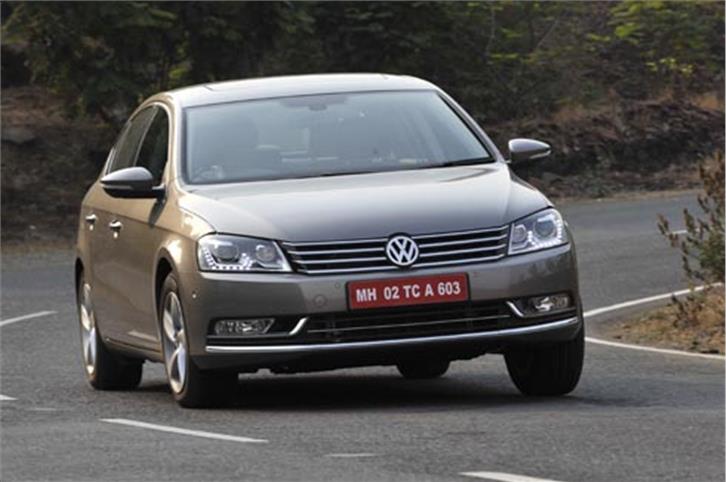
The new Passat for the moment is offered with only one engine option – the VW’s Group’s ubiquitous 2.0-litre common-rail motor but in 170bhp form, which is a healthy 32bhp up from the previous Passat. Volkswagen has managed to offer this engine without a Diesel Particulate Filter (DPF) to avoid potential problems with our fuel and yet it meets the latest emission standards.
VW Group diesel engines aren’t the quietest around and the Passat’s motor is no exception. While this engine feels much more muted than in the previous Passat, you can still hear that distinct clatter at idle and at max revs it feels a bit gruff too. However at moderate revs, the engine is incredibly refined and you’ll hardly hear it all. And often or not, the stop-start system shuts the engine off when at a standstill (depending on the electrical demands of other systems).
Mated to a six-speed twin-clutch or DSG auto transmission, the motor has enough grunt to propel the Passat with adequate verve. Apart from an initial bit of hesitation or lack of immediate response that is so typical of a twin-clutch unit, the Passat accelerates in a way that belies its benign character.
Flex your right foot, wait as the smooth gearbox pauses slightly to pick the right ratio, and then sit back as the car shoots forward with great rapidity. From a standstill, the Passat hits 100kph in a remarkable 8.73 seconds and goes onto cross 160kph in 23.22sec which is three seconds quicker than the previous Passat. Overtaking too is a breeze, be it
in the city or on the highway with the dash from 20-80kph in a mere 5.66 seconds.
The fairly flat torque curve and surge of power that kicks in well below 2000rpm makes the Passat quite effortless to drive. Even at a crawl, the Passat ambles along quite easily and left in D the gearbox shifts up early and seamlessly in the interest of fuel economy and and also adds to the Passat’s relaxed demeanour. In fact, you rarely need to dig deep into the reserves of this engine. It will cruise quite effortlessly and the well-chosen ratios, which make the most of the torque, don’t necessitate frequent visits to the redline unless you are in a serious hurry.
For sporty driving, the Passat offers steering wheel-mounted paddle-shifters but while gear changes are reasonably quick and smooth, you don’t get the satisfaction of driving a manual. VW is offering a manual transmission only on the base Trendline variant.
Any doubts that the Passat’s BlueMotion technology is just a gimmick and doesn’t really work were instantly dispelled after our test. Despite being more powerful and a bit heavier than the outgoing model, the new Passat gave an astonishing 10.8kpl in the city and 15.2kpl on the highway. Not only is that 0.8kpl and 1.4kpl better than the previous Passat’s figures but the new model is more frugal than several smaller saloons.
Copyright (c) Autocar India. All rights reserved.

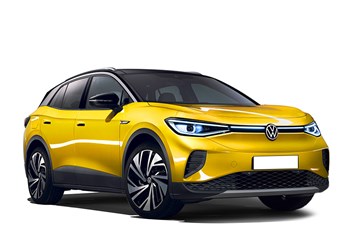
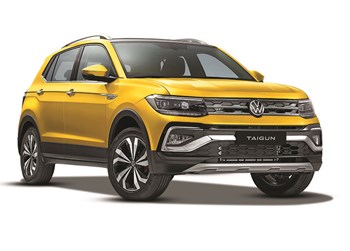
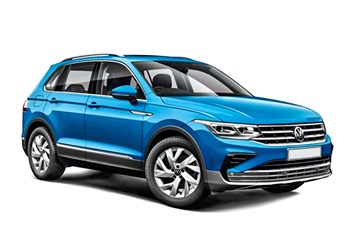
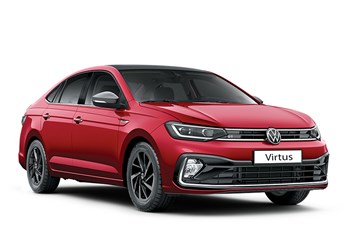
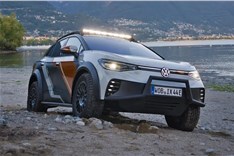
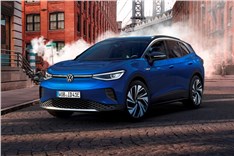
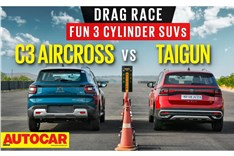

Comments
Member Login
Personal Details
No comments yet. Be the first to comment.